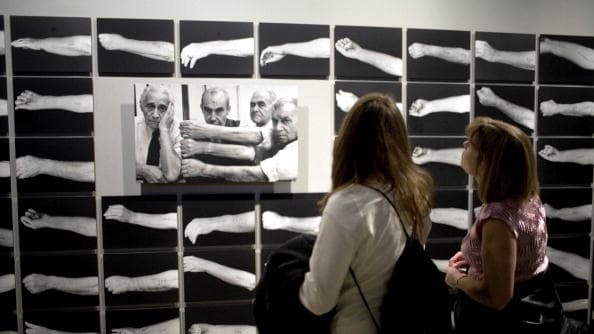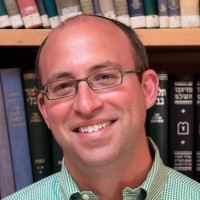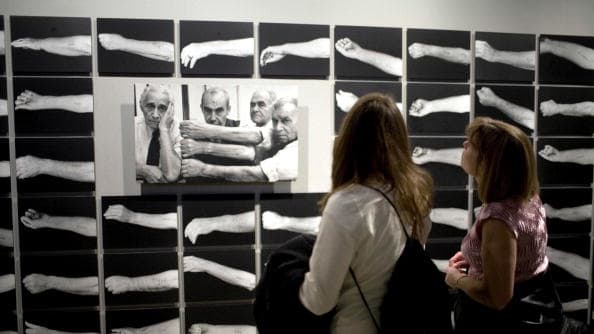My colleague Gil Troy is right that we have a troubled culture of memory in the contemporary Jewish community. We have better-funded memorial buildings than living institutions of Jewish education, and such an incoherent sensibility about how we are supposed to remember the Holocaust that many complain of too little Holocaust memorialization, and many complain of too much. Unlike other moments in Jewish history when communal leaders found a way to salvage the bitterness of the trauma they experienced through ritual or liturgy—and in doing so, allowed themselves the therapeutic necessity of letting go of the actual trauma itself—the Holocaust is still so raw in contemporary Jewish consciousness that we may be making the wrong calculations.

But I am not sure that this means that the new and surprising practice of young Jews tattooing themselves with their grandparents’ concentration camp numbers is necessarily a symptom of this problem. And I am sure I do not agree with Gil’s wholesale condemnation of the practice. Jewish memory inevitably requires mechanisms that are heavily personalized, and the rituals have to matter. The Passover seder is not benign, and neither are words; perhaps in our age, when we are more cynical about ritual and prayer, we see it this way. But the staying power of how Jews marked tragedy and trauma was precisely through the mechanisms that mattered most to themselves and their communities. Is not the body the shrine of the modern individual?
What’s more, in Jewish memory living and dying are very closely intertwined—just as the Jewish ethics of power are intimately connected to the Jewish ethics of vulnerability. To see young, vibrant Jews celebrating their carnality with a sign of victimhood is actually inspiring: reclaiming life does not need to negate the death and near-death that defined the Holocaust generation of the Jewish people. To me, it signals the opposite: that we are nearing the point of maturity as a people where we see acts of remembrance and commemoration as both deeply personal and yet also symbolic, wherein we continue to pitch forward Jewishly, in new Jewish ways, while still marking time (and, in this case, ourselves) with the significance of the Jewish past.
I do share with Gil some recoiling at this Jewish attempt to remember something Jewishly with an explicit violation of a Deuteronomic commandment; and then again, I’m not sure that antinomianism—deliberate violations of the law—isn’t sometimes the necessary prescription to institute something that the Jewish people need to get out of their memory anxiety, as seems to have been the case for both the classical rabbis after the destruction of the Temple and the early Hasidic masters in Eastern Europe. For whatever reason, in spite of the traditional Jewish life I lead, I found the New York Times story downright inspiring: young Jews, it seems, are finally embracing both the desire to move forward from history, and yet still to take some of it—personally, bodily—with them as they go. What better chance do we have to remember the past?

